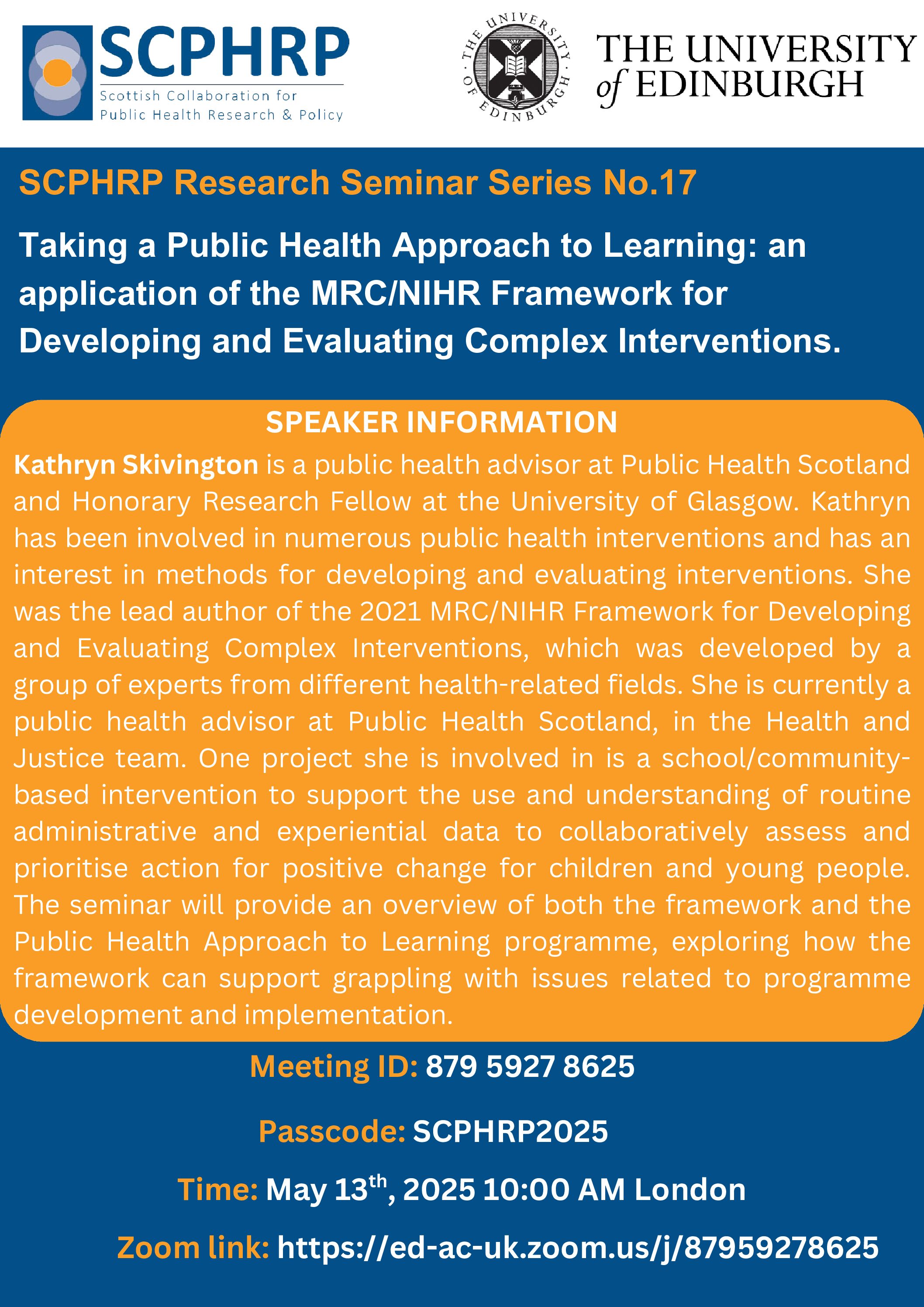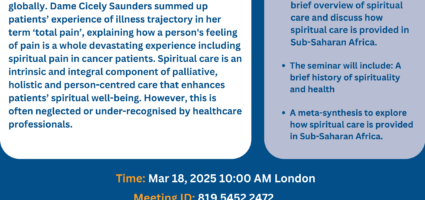Free Community Journalism Course
Do you… ➥ Live in Edinburgh ➥ Want to develop your skills to research and tell stories? ➥ Have an interest in your local parks, gardens, rivers or outdoor spaces ➥ Want to see your work published in a professionally designed print magazine? If so, you’re invited to apply for …




